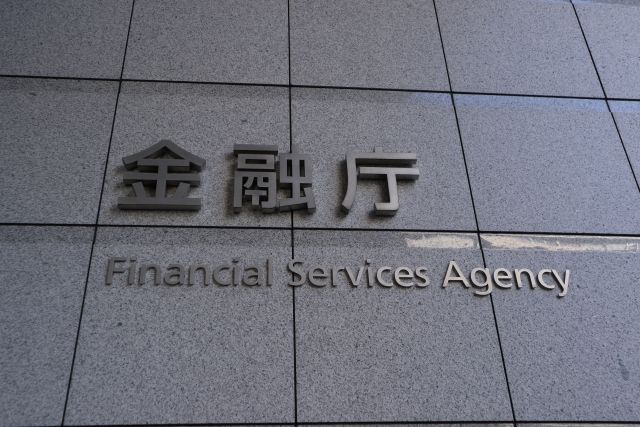Japan Reveals 2026 Tax Reform, Including Crypto Measures
Japan’s Financial Services Agency (FSA) has disclosed the outline of its 2026 tax reform request, which includes proposals to revise cryptocurrency taxation and expand the Nippon Individual Savings Account (NISA) framework.
According to Kyodo News, the FSA’s reform request includes reviewing tax rules for cryptocurrency trading, such as Bitcoin.
FSA Proposes Revisions to Cryptocurrency Taxation
Individual crypto gains are subject to comprehensive taxation, which combines profits with salary income and potentially reaches a maximum tax rate of 55%.
The FSA and industry associations are advocating for the introduction of separate self-assessed taxation, or “declaration-based capital gains tax,” which would apply a flat rate of approximately 20%, similar to equities. This change aims to create a fairer tax environment and encourage broader participation in digital asset trading.
Another key proposal is the introduction of loss carry-forward deductions for crypto trading. Current rules prevent investors from offsetting losses against future gains, reducing risk management options.
Industry groups are calling for a three-year carry-forward system analogous to stock market rules. This would reduce investment risk and potentially lower the entry barriers for retail participants.
The FSA plans to submit its request to the Ministry of Finance by the end of August and will engage in discussions with the ruling coalition through year-end. The government aims to pass related legislation during the 2026 regular Diet session.

NISA Expansion Could Indirectly Support Crypto Investment
In addition to crypto taxation, the reform request includes proposals to expand NISA eligibility to all generations, including minors and seniors. Although NISA does not currently cover cryptocurrencies, investors could use broader tax-advantaged schemes to support crypto trading indirectly.
NISA allows households to invest in stocks and funds with flexible buy-sell and liquidation options. Investors can secure cash for potential crypto trading through these investments.
The reforms enhance Japan’s retail investment ecosystem and reduce investors’ barriers to entry. As the world’s third-largest economy, Japan represents a substantial crypto adoption and investment market.
The post Japan Reveals 2026 Tax Reform, Including Crypto Measures appeared first on BeInCrypto.
Disclaimer: The content of this article solely reflects the author's opinion and does not represent the platform in any capacity. This article is not intended to serve as a reference for making investment decisions.
You may also like
Bitcoin Hyper Price Prediction: FDIC Moves on GENIUS Act as DeepSnitch AI Offers Retail Investors a Superior Path to 2026 Wealth

Crypto Whale’s Multisig Wallet Loses $27.3M in Private Key Compromise
Uniswap Votes on 100M UNI Burn and New Fee Switch Proposal
XRP Poised for Massive Breakout. Here’s The Signal
